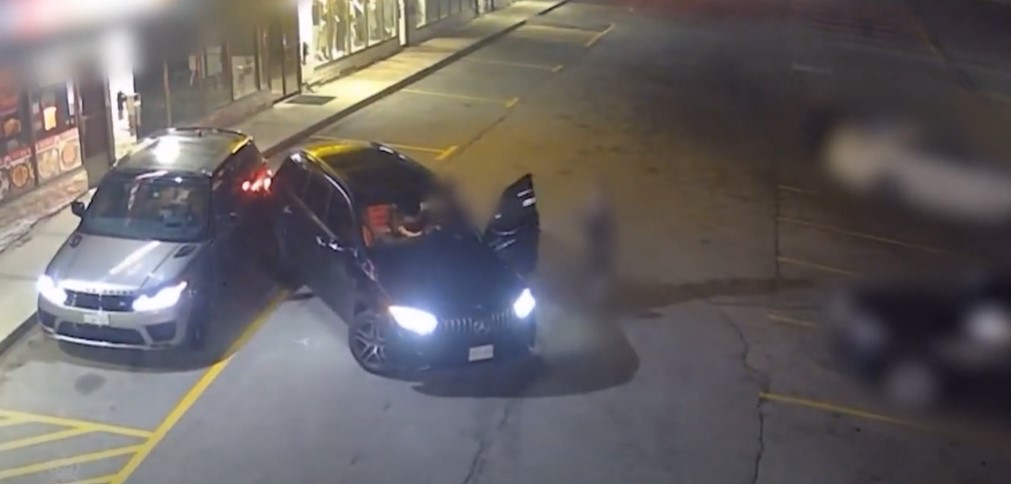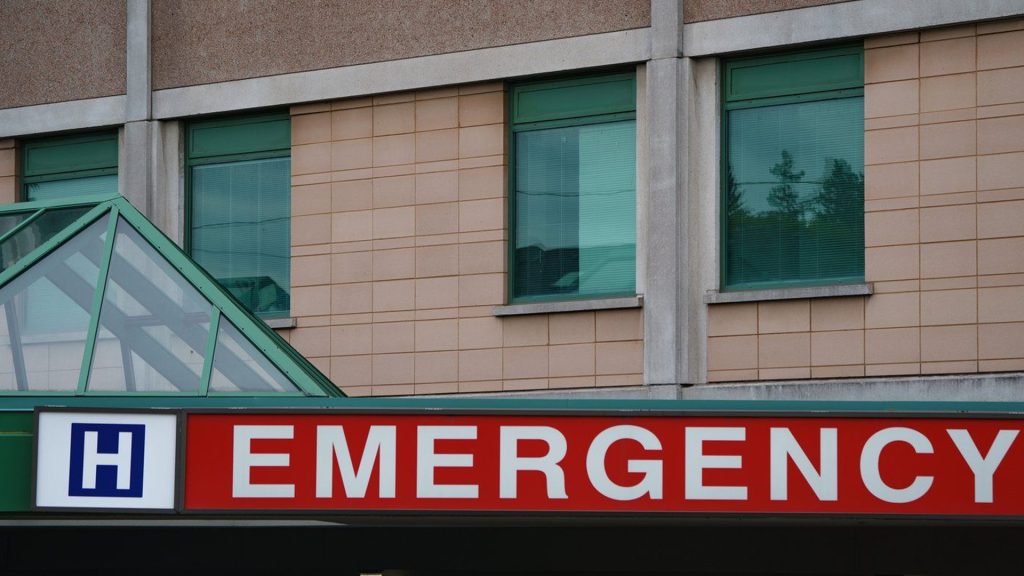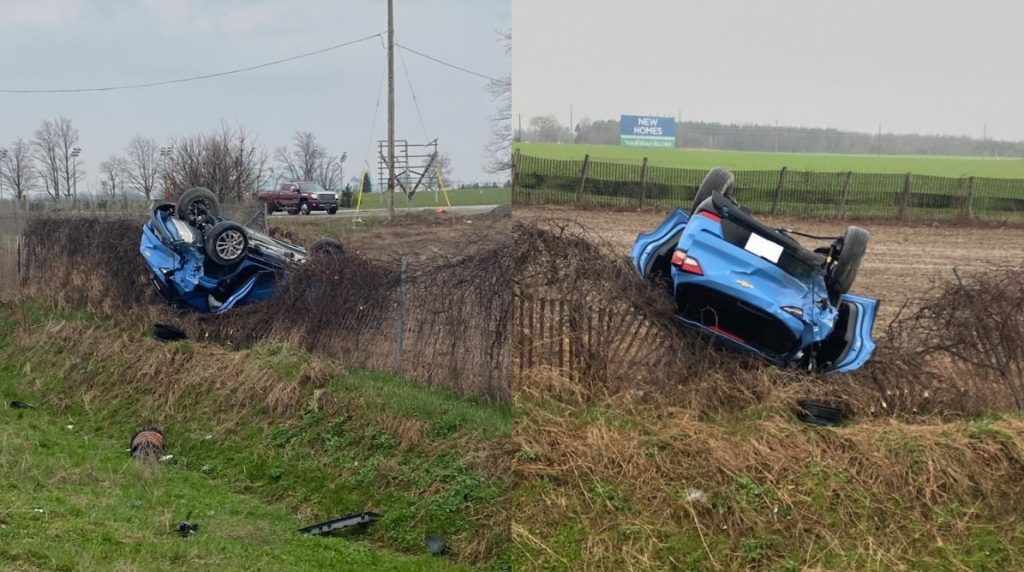How 9/11 has affected the Canadian military
Posted September 9, 2011 8:35 am.
This article is more than 5 years old.
VANCOUVER (NEWS1130) – Nowhere has the impact of 9/11 been felt more in Canada than in our military. News1130 is speaking with retired Major General Lewis MacKenzie about how perceptions have changed over the past 10 years.
“[The attacks] had a dramatic impact on Canada, the military in particular, but also the diplomatic corp who were reluctant in the early days to get involved [in Afghanistan] but are now are there in very large numbers with our aid people and police,” explains MacKenzie.
“It was after a slow start, no fault of the soldiers,” he adds. “Immediately after the 9/11 attacks, Americans pushed forces into southern Afghanistan because that’s where al Qaida was located. That was in October of 2001. Our folks were standing by — the Princess Patrica’s, my regiment in Edmonton — until March of 2003 because we didn’t have strategic lift there at that time; we couldn’t get them over.”
Mackenzie tells us that’s when the American military gave them a ride and Canadians forces became one-third of the combat power at Kandahar Airfield along with a US airborne brigade. “We chased around the mountains, didn’t make any contact to speak of, snipers made a few kills, but al Qaida had long gone across the border.”
It was a six-month tour of duty for the Canadians; the Liberal government of the day felt our forces didn’t have the resources to replace the soldiers and pulled them out.
“We had about a six-month hiatus with no one in Afghanistan,” says MacKenzie. “That was until George Bush‘s folks came to Canada looking for support for an invasion of Iraq.”
“Magically, a country that couldn’t find 600 soldiers suddenly found 2,000 soldiers to go back into Afghanistan. They went to Kabul in a constabulary role — very dangerous. And there were some casualties. It was more of a police role around the capital, protecting President Karzai’s government.”
That role lasted until the end of 2005 when MacKenzie says there was word Kandahar City to the south was about to fall to the Taliban.
“NATO had taken over by that stage in Afghanistan and three countries indicated they would be prepared to accept a role in the south — the Dutch, the Brits and ourselves,” he explains. “But unfortunately, I guess you could say it was democracy at work.”
“The British and Dutch parliaments debated for about six months before their troops were allowed to go. So we went down by ourselves early in 2006, met the Taliban face-to-face in the field and defeated them on every occasion.”
MacKenzie says the Taliban was not stupid and scaled down its attacks, opting instead for roadside explosive devices, booby traps, and beheading local leaders to intimidate people and prevent them from cooperating with Canadian forces. “And so for almost five years, with less than a thousand soldiers outside the wire in Kandahar Province, we did what approximately 30,000 are doing now.”
“We could defeat the Taliban wherever we encountered them but then we’d have to move on to the next encounter. When we did that, the Taliban would move in behind and occupy what we had already taken. That was extremely frustrating.”
Mackenzie says the Canadians developed a new system: a platoon of about 30 soldiers would be left in villages, staying and living in the community, developing trust and friendship. It’s a successful technique the Americans have now adopted.
With the Canadian combat mission now over, how have 9/11 and Afghanistan shaped our military?
“During that entire time, good equipment was provided, but just for the folks in Afghanistan, not back in here in Canada to train on because we didn’t have the bucks to have back-up equipment,” says MacKenzie. “That equipment is now, unfortunately, pretty tired. It’s on its way back now and some of it will be replaced and some of it destroyed.”
Canadian aid workers and police are now taking a prominent role in Afghanistan.
“They’re doing sterling work as part of the training mission which we’ve taken over from NATO,” Mackenzie notes. “Which is probably the most important mission in all of NATO now because they can’t leave in 2014 unless we leave behind a fairly well-trained security force of military and police.”
The retired general tells us the biggest impact for Canada’s military has been on its reputation.
“No matter what people think about the mission, all polls indicate they are very, very keen on the Canadian military,” he explains. “In fact, they trust them more than just about any other profession, if not all professions at this stage. That’s a dramatic turn around from the 90s.”










